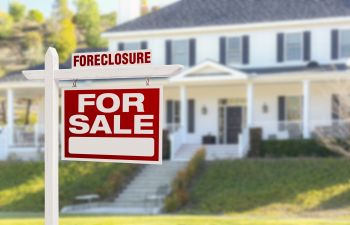Property debts will likely be eliminated in bankruptcy

As the housing and job markets have struggled to recover, many Georgia residents have had to make the difficult decision to file for bankruptcy and let their homes go into foreclosure. As such, many of our bankruptcy blog readers may have questions about the relationship between these two legal processes. Specifically, will a homeowner who has filed for Chapter 7 bankruptcy be held responsible for the property taxes and related debts on their foreclosed home?
The short answer is: no. In the majority of cases, any debts that are connected to a foreclosed home are eliminated in bankruptcy. This generally includes the primary mortgage and any additional mortgage loans, as well as lines of credit that are secured by the home. Also, debts such as property taxes and past-due utility payments will be eliminated in the Chapter 7 bankruptcy.
Property insurance debt is usually also eliminated in bankruptcy. However, it is important to keep your insurance up to date until you are no longer living in the house. This will protect you from any liability if something happens in the property before you move out. If your monthly mortgage payment includes property insurance, your mortgage lender will make the payments and you probably don’t need to worry about it.
There is one home-related debt that may not be eliminated in bankruptcy. If you are still living in the house after your bankruptcy has been filed, you may still be responsible for any homeowner association fees. If you have moved out of the house, however, you will likely not be held responsible for any future association fees.
Source: Bankrate.com, “Chapter 7 and property taxes,” Justin Harelik







